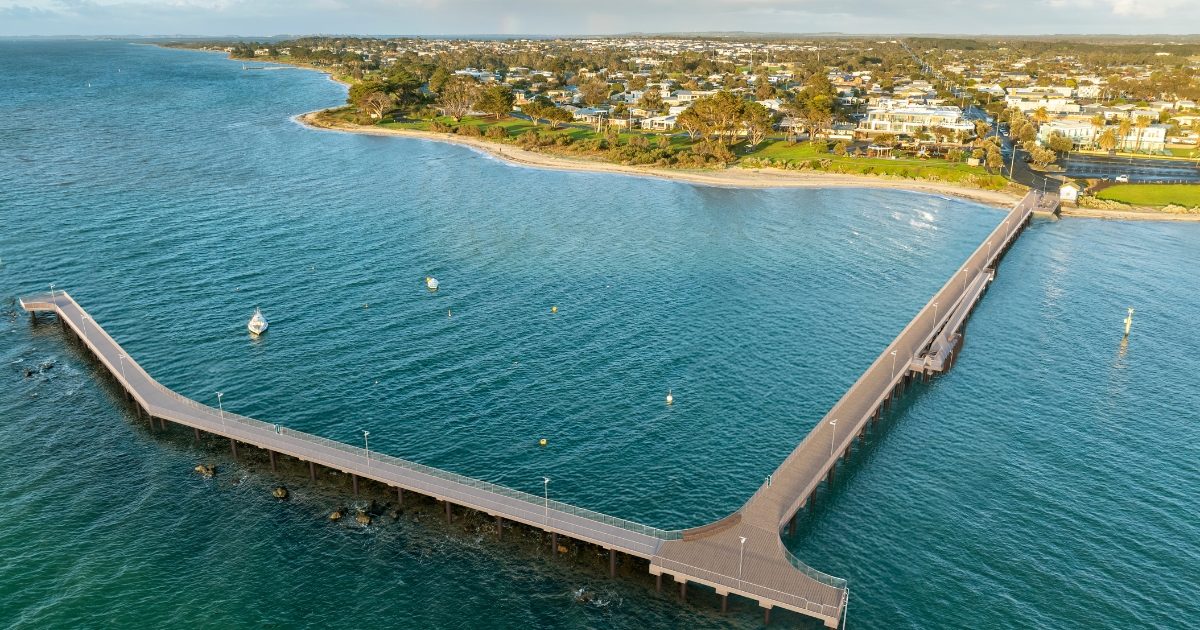Lara incinerator proposal faces growing opposition

The facility was granted a development license in December and intends to incinerate up to 400,000 tonnes of waste diverted from landfill each year. Photo: SUPPLIED
CONCERNS surrounding a proposed waste-to-energy plant for Lara continue to grow, with the Committee for Geelong becoming the latest community organisation to express its opposition to the project.
In December, Prospect Hill International was granted a development license by the Environmental Protection Authority (EPA) to progress with the facility which aims to incinerate up to 400,000 tonnes of waste annually.
Committee for Geelong chief executive Michael Johnston said that the organisation had sought to understand the waste-to-energy proposal “from all angles” before reaching its policy decision.
“The Committee for Geelong considered the information with the consensus being this project does not align to our vision and aspirations for our city,” he said.
“As such, the Committee for Geelong is supporting a number of our members in opposing this proposal and calling for action by the Victorian government to prevent this proposal proceeding.
“There is a broader discussion required around whether waste-to-energy has a place in the state’s energy transition, and the Committee has not formed a view on this at this time.”
Mr Johnston said the committee had five core concerns about the proposal.
These include seeing the region become a destination for the state’s waste, the proposed site’s proximity to residential areas, the potential community health and environmental impacts of waste incinerator, and the site’s design compromising the region’s UNESCO City of Design status.
Last week a petition signed by more than 2,300 community members who oppose the Lara incinerator was tabled in parliament by Greens member for Western Victoria, Dr Sarah Mansfield.

While in parliament, she expressed concern that the Minister for Planning, with whom final approval for the development rests, was intending to give the facility the green light.
Dr Mansfield said the state government could end the project “with the flick of a pen”.
“For decades successive governments have neglected waste and recycling, and now they want to burn the problem and leave the regions to deal with the mess.
“Local councils could be locked into long-term contracts to deliver a consistent, high volume waste stream to the incinerator. This creates a clear disincentive for councils to reduce waste levels and undermines efforts to increase recycling and composting and reduce plastic use.”
The Lara facility is designed to convert diverted landfill waste into enough energy to power up to 50,000 homes and proponents say the facility will contribute to both the energy security and sustainable waste management aspirations of the state.
A spokesperson for Prospect Hill International said the company recognised the concerns of the local community and stakeholders.
“Victoria and Australia are facing a waste crisis. With many landfills due to close within the next 5-10 years, the state needs new solutions to manage our waste.
“This project will importantly support the transition away from Victoria’s dependency on landfills and towards a circular economy.
“Energy from waste technology does not replace household recycling, but complements it by extracting the last value in waste that cannot be recycled.”
The spokesperson said the organisation had undertaken the required environmental and social assessments and the risk of potential health impacts to the community would be “low to negligible” and emissions from exhaust gases would be “well below the relevant standards”.
They also said there are examples of existing waste-to-energy facilities located in cities such as London, Paris and Tokyo which are situated close to large residential populations and have “low amenity impacts to surrounding communities”.

















